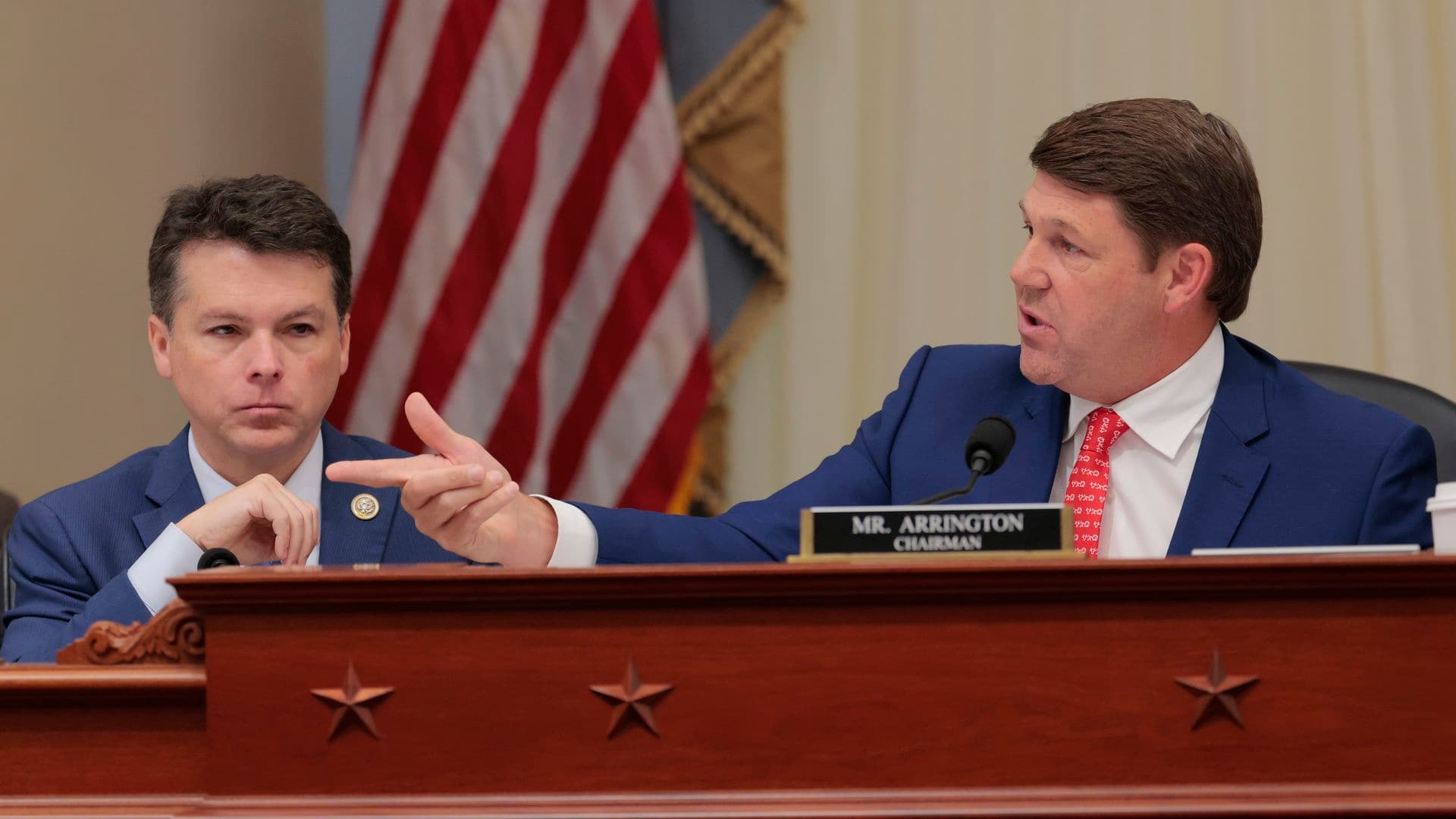House Republicans pushed a sweeping budget reconciliation package through Congress this week that would enact President Trump’s tax, defense, and immigration priorities while offsetting costs with deep cuts to Medicaid, food assistance, and clean energy programs.
Medicaid cuts
The bill would reduce federal health spending by over $900 billion over a decade, largely through changes to Medicaid and the Affordable Care Act. An estimated 8.6 million Americans would lose insurance coverage under provisions that include monthly work requirements for childless adults starting in 2029 and stricter income verification rules that could purge enrollees who miss paperwork deadlines. States that fund coverage for undocumented immigrants would face penalties, and federal funding formulas would be frozen—potentially blowing holes in state budgets.
In Washington State, more than 600,000 adults could be subject to the new work requirements. According to the state Health Care Authority, about 138,000 residents would likely lose coverage—many not because they refuse to work, but because they can’t consistently document hours or navigate reporting systems. In King County alone, approximately 210,000 low-income adults are covered by Medicaid under ACA expansion and could be affected.
The fiscal impact is also significant. Freezing or reducing the federal matching rate could shift $1.2 to $2.75 billion per year in costs to the state, forcing lawmakers to either cut services or find new revenue.
Food assistance changes
The legislation tightens work requirements for SNAP recipients aged 18–64, including parents of children over age 6, and shifts some program costs to the states. It would restrict eligibility to citizens and lawful permanent residents and limit future increases in benefit levels. These changes could result in millions losing access to food assistance nationwide.
In Washington, over 900,000 people currently rely on SNAP, including 118,000 households in King County. State officials estimate more than 75,000 Washington parents of school-age children would be newly subject to work reporting requirements and could lose food aid if they cannot verify 20 hours of weekly employment. Older adults up to age 64 would also face time limits under the expanded work rules.
The proposal would also transfer SNAP benefit and administrative costs to the states. Washington could be on the hook for an estimated $430 million annually—including $390 million in direct benefit payments and $42 million in administrative overhead—forcing budget trade-offs or additional cuts.
Clean energy rollbacks
The package would phase out most Inflation Reduction Act tax credits for clean energy, including incentives for electric vehicles, wind, solar, and hydrogen. The rollback threatens over $800 billion in private sector investments made since the IRA passed.
In Washington, the repeal would jeopardize major local investments. King County recently received a $50 million climate grant to fund building electrification for over 600 affordable housing units and more than 150 child care centers across the Puget Sound region. State officials also planned to distribute federal home energy rebates to help families install heat pumps and other energy-efficient appliances; those programs would be scrapped under the GOP plan.
Other provisions include permanent extensions of the 2017 Trump tax cuts, elimination of taxes on tips and overtime, and new incentives for U.S.-made vehicles and factories.
















